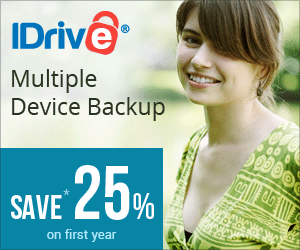Successful businesses require capital investment, dedicated staff, and a great deal of hard work; this statement rings true for start-ups, small businesses, and larger companies. But success can also rely on virus, malware, and threat protection for any business operating in today’s connected age.
Are you placing your trust in the best security software?
Viruses and other security threats can affect any business, large or small. Without adequate protection, your business could be at risk of keyloggers, DDoS attacks, viruses, or even ransomware.
The average business contains a wide array of important data. Financial records, customer information, and the personal information of its employees illustrate just a small section of what companies are trusted to keep safe.
What if your current antivirus software does not offer the best user-protection? At worst, what if you have not installed virus protection software at all?
Which software to choose might depend on the individual needs of your business versus what each antivirus software has to offer. The basics, pros, and cons of options including Kaspersky, Bitdefender, Avast, SiteLock, AVG AntiVirus, and Norton are all covered here.
Join us as we examine the top 7 cybersecurity software solutions for businesses
Basic Virus Protection for Business
It does not matter what type of business you have; device and virus protection should always be a top priority; The first rule of internet threats is that they are everywhere. From keyloggers to hackers, an unprotected business could place both itself and its customers at serious risk.
Here is more about how businesses might be targeted by online threats:
Why Your Current Software Might Fall Short
Free or trial antivirus programs do not provide enough protection against modernised internet threats. Older versions or a lack of added features (such as a VPN) might also mean that your business is not as protected as you imagine.
Selected antivirus solutions could additionally fall short on features that businesses need most. For example, a VPN can protect your internet access from being seen – but not all antivirus packages include one.
It is important to choose your antivirus software to match your business.
If that sounds complicated, do not worry about it. That is what the rest of the article is for!
Unpacking Pandora’s Box
The term “internet threats” is a wide umbrella that could mean several different things.
Viruses, malware, keyloggers, and malicious data-harvesting bots can fall into this category. Businesses could also deal with hackers, worms, identity thieves, or ransomware that hijacks important company data for illegal profit.
Does this help to illustrate why comprehensive protection for business is important?
Finding Features That Matter
Most software solutions mentioned here are available as free or paid. For business, paid virus protection is recommended – it is usually much more comprehensive, and guarantees a wider range of important features.
What features will your business need the most?
- Multi-platform protection for various devices
- Virus, malware, and hacker protection
- Regular updates
- Additional features (like a VPN)
Which antivirus includes the features you will need?
Consider different packages from each of the providers listed below. Sometimes, additional features can be added to suit the needs of your individual business better.
Next, let us get to discussing the best business protection software for 2021, reviewed.
The Top 7 Cybersecurity Software Solutions (for Business)
Never choose your antivirus software based on past choices. Millions of business owners choose their virus protection on brand loyalty – or guess the ones they have been using for years is automatically “enough” for their business right now.
Software evolves, and so do threats.
If you have not thought of online protection in a while, it is time to secure your business.
Here is a look at the top 7 cybersecurity software solutions for business – and what makes each of them stand out above thousands of available options.
1. Kaspersky
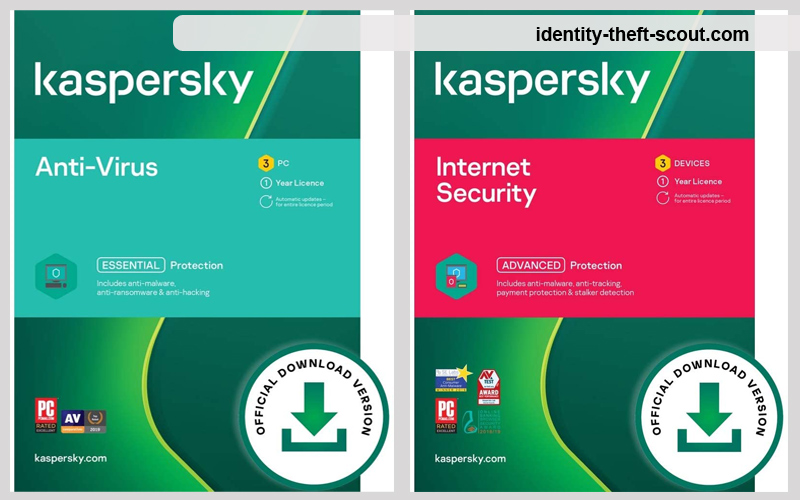
About the Software:
Kaspersky has been providing personal and business users with software-based security since 1997. Ground-breaking since their start, Kaspersky is credited with inventing the “virus isolation” technique to reduce potential damage.
If you are seeking multi-platform business protection, Kaspersky ranks as one of the top brands.
Moderately priced, several different packages are available – including one for smaller businesses.
Automatic virus checking, a specialised ransomware-kit, and access to a VPN with most of their packages makes Kaspersky an excellent choice for broad protection.
Pros:
- Free 30-day software trial
- Special coverage for small businesses
- Includes added features like a VPN and ransomware-kit
Cons:
- Sizeable updates
- Heavy resource use while virus-checking
- Can become costly to maintain for growing businesses
2. Bitdefender
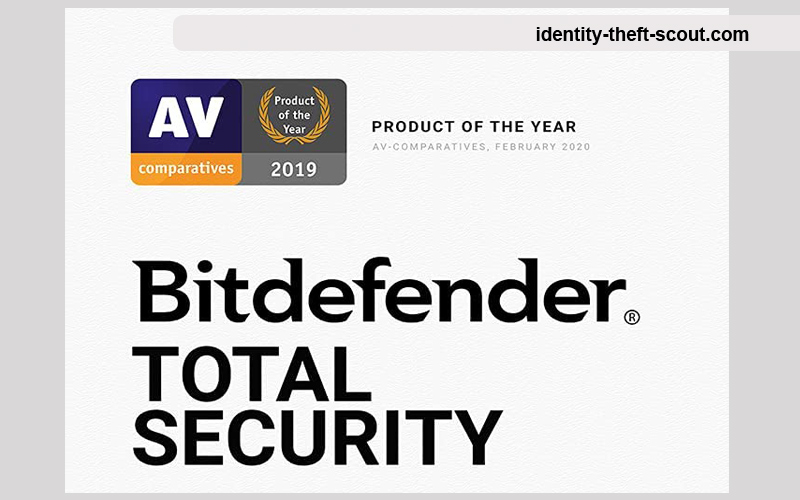
About the Software:
Bitdefender entered the cybersecurity scene circa 2001 and claims to protect more than 500 million systems worldwide. Consistently rated as one of the best comprehensive business and personal antivirus programs, Bitdefender covers most potential online threats you might encounter.
If you are fine with regular updates and automatic virus-checks that might take some time, choose Bitdefender.
New users are cautioned to take a close look at which features their package includes. Added features like the VPN are separate. If you want to make sure it fits your individual business needs, double-check the features you are getting or enabling.
Pros:
- Offers very comprehensive virus protection
- Rated as one of the best
- Updates often
Cons:
- Features like a VPN are separate
- Can become costly
- Might clash with other simultaneous, similar programs
3. Avast Antivirus
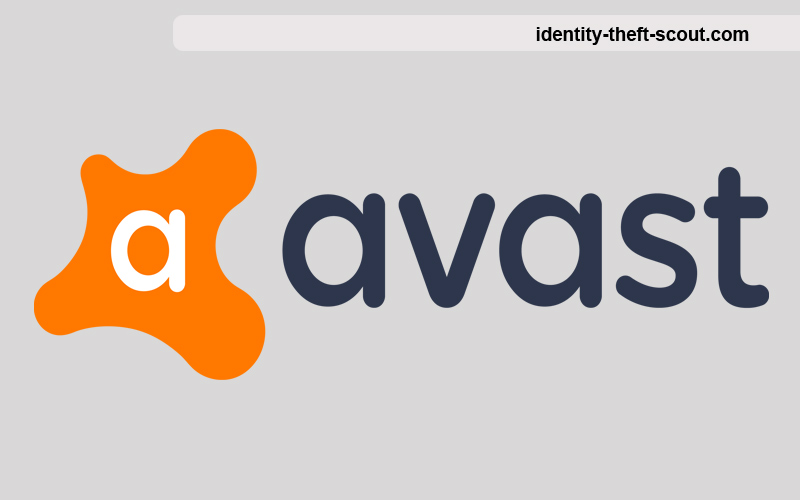
About the Software:
Avast is a primarily free antivirus solution meant to be used for personal or business devices.
According to their website, Avast claims to be used by at least 435 million active users. By their current user-count, it would rank the cybersecurity provider just under others like Bitdefender.
Multi-platform protection is offered. Whether your business links up via PC, Mac, or Android, you can use Avast on it. Avast claims to protect users against most different types of online threats, including worms and malware.
While popular and reliable, Avast loses points for having been reported to harvest user data for profit. Does free software make this risk worthwhile? For business, often not.
Pros:
- Multi-platform support
- Avast for Business is free
- Reliable for threat-detection
Cons:
- Reported to sell user data
- Not as comprehensive as other, paid antivirus software programs
- No protection against advanced attacks like ransomware
Conclusion: Popular and free services come at a price. Recommended for small, basic business protection.
4. SiteLock
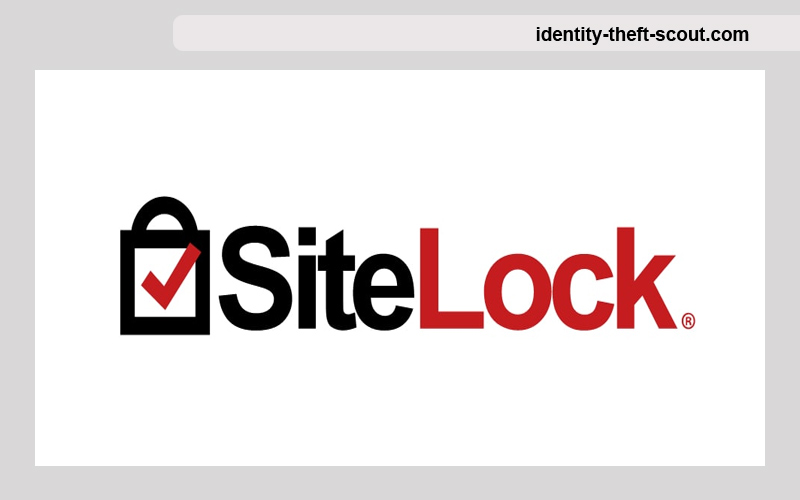
About the Software:
Websites need just as much protection as devices.
While most software options mentioned on this list are meant for device-based virus protection, SiteLock is an exception. If you have a business to run, then it is safe to assume that you also manage a website – and what keeps it safe from attack?
An unprotected website is a risk that no company can take. Website take-overs and hacks are common and can spread malware to anyone who visits your site (or cost you revenue or worse).
SiteLock has an excellent reputation for user protection, especially for business websites. Websites are protected from the likelihood of a cyber-attack, and if an attack does occur, added features such as recovery are made available.
Pros:
Specialised protection for business websites
Comprehensive protection
Effective against website attacks
Cons:
Only meant for website protection
Can become expensive in addition with other software
Doesn’t offer device protection
5. Norton
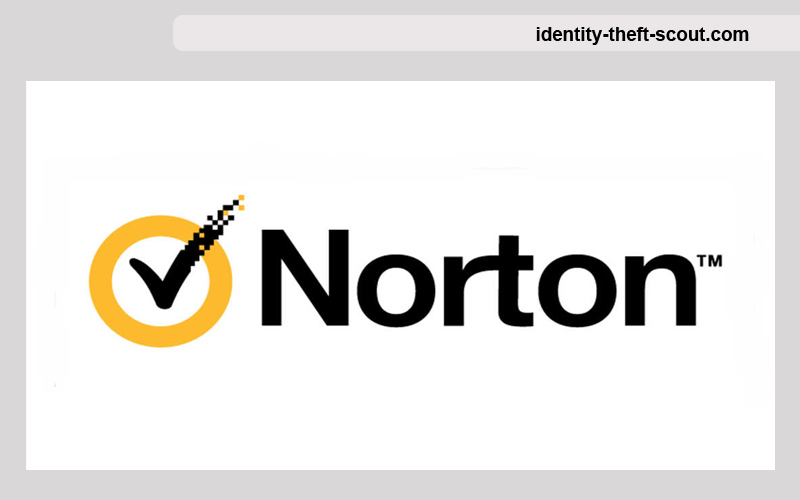
About the Software:
Norton Antivirus was founded back in 1991.
At the time of the internet boom, Norton was fast to become one of the most popular options. Used by millions of computers and devices, many readers might still remember the days when Norton was their go-to option (and even the very first thing they would install).
Can it still be counted on as true today?
While users are encouraged to decide for themselves, reviews and user-experiences of Norton often report notoriously bad clashes. Legitimate software can get identified as viruses (and/or disabled) as a common glitch – and yes, there are reports of computers shutting down as a result, costing companies thousands in recovery.
The company’s past is unfortunate. Many users have chosen to opt for other antivirus companies with a better reputation (and without a Spotify-related user scandal). You can read the Norton Community article by clicking here.
Further criticism of the brand reports an immense difficulty un-installing the files contained in Norton. If you have had Norton on your computer, its residual files are sure to remain.
Pros:
- Added email protection
- Option to upgrade with previous versions
- Wide variety of different products
Cons:
- Products like VPN Protection are separate
- Difficult to uninstall completely
- Known to clash and misidentify legitimate software as viruses
6. AVG
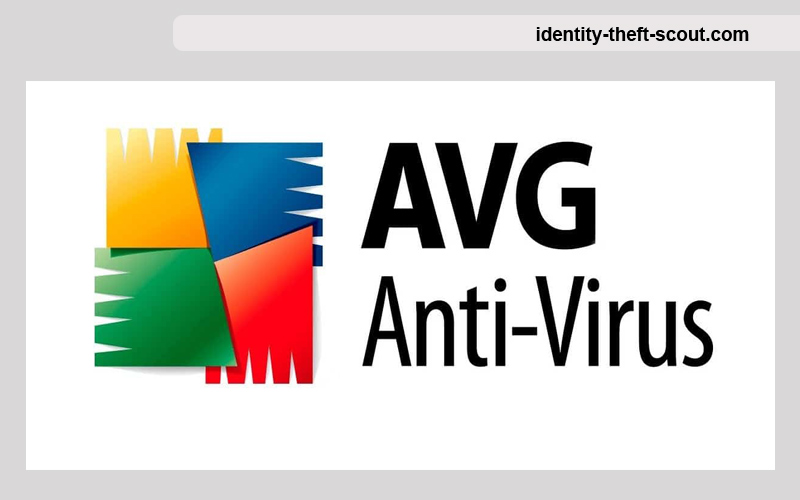
About the Software:
AVG was first introduced to the United States in 1998 but was available as a software download marketed to other countries some years before.
Hugely popular, AVG Free is made to scan and protect your device (and updates automatically with the latest threats list). It is known to be reliable and covers Windows, macOS, and Android systems.
As many as 200 million worldwide device users rely on AVG to secure them. Some users reading this might still be running versions of AVG on their computers or smartphones.
Why could other antivirus options be far superior if AVG is this good?
Today, AVG Antivirus is part of the Avast company. Support for AVG is being phased out as a result, and users can expect AVG to be less secure (as less technical support and updates will be offered in the future).
Businesses that want comprehensive, updated cyber-protection should consider opting for Avast instead. Features are similar, but Avast comes with a backup of support.
Pros:
- Free and paid options for virus protection
- Available file-checkers
- A great, quick threat-detector
Cons:
- Messy browser extensions
- Lack of new version support
- By comparison, Avast is far more updated
7. McAfee Antivirus
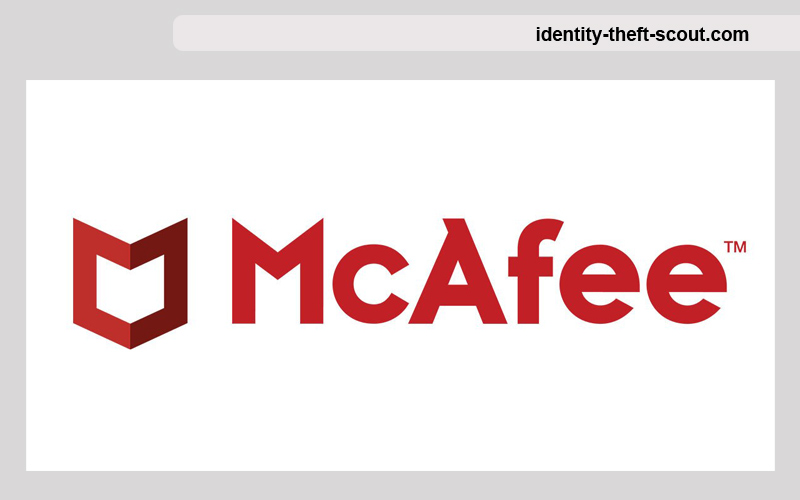
About the Software:
McAfee Antivirus has been around for a very long time, and secures millions of computers, servers, and devices across the world. As a company, McAfee is in the business of cybersecurity, and happens to do a great deal more than just antivirus protection.
The option of a 30-day free trial is available for users. After this, there is the choice to purchase a package for personal or business – each on a sliding-scale of needs-versus-budget.
Should you choose McAfee to secure your business?
While McAfee appears to offer a great deal, their overall reputation for user protection happens to be worse than Norton. In 2010, an update from McAfee disabled millions of Windows-based user computers across their database – and cost companies and users literal millions. When you are reliant on antivirus as a safety measure for your business, this is the worst possible thought. You can read a report on that incident here: https://www.theguardian.com/technology/blog/2010/apr/22/mcafee-update-fix. Research when choosing cyber security software is critical.
Pros:
- The option of a free trial
- Comprehensive protection for businesses
- Added features like a VPN included
Cons:
- Company history known for controversy
- Severe flawed history of updates
- Lagged customer support
Conclusion
Users, customers, and potential clients place trust in the websites they visit (and companies they make use of) to keep their data safe. Are you protected well enough to guarantee this? And if you are hit by a cyber-attack, would you be able to restore data?
Businesses in need of cyber-protection are encouraged to research further than this article, too. Once you have chosen viable software options for your business, always look at individual reviews (and look at prior reports from the company’s history).
Not happy with your current antivirus? Does your first option not meet the needs that you thought? The good news is that users can always switch to another option if this is the case.
The choice of antivirus makes all the difference; especially as a business, you should choose well.
As with all general overviews of cybersecurity products in the marketplace we recommend that detailed research is necessary when you have identified which products you are interested in from a general overview such as this one. Here are the links to help you further with your research:
- The FBI and Cyber Threats – What You Should Know by clicking here.
- Top 10 Reviews of Cyber Security Software by clicking here.
- US Small Business Administration – Stay Safe From Cybersecurity Threats by clicking here.
- UK National Cyber Security Centre – 10 Steps To Cyber Security by clicking here.
Editor’s Notes:
Alex writes excellent cybersecurity guest post articles for us, and it is looking for paid work in that field. If you are looking for a top cybersecurity writer, send us an email at john@identity-theft-scout.com and we will put you in touch with him.

